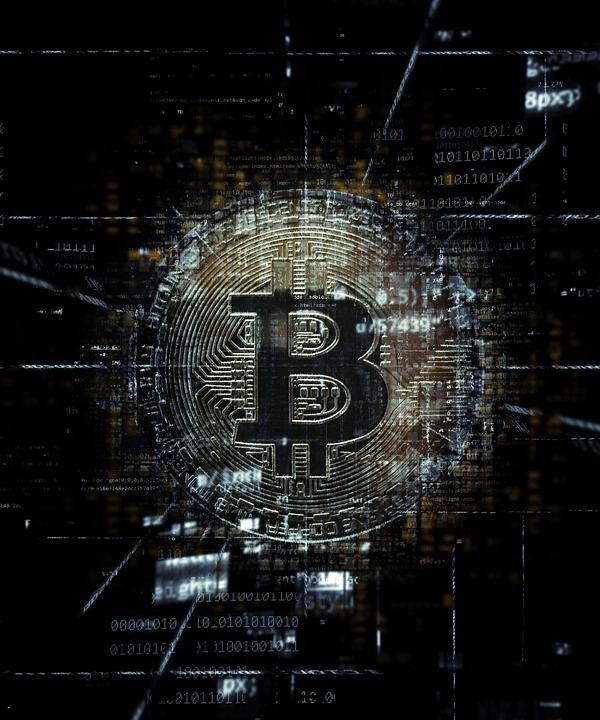How Inflation is Shaping the Future of American Consumer Behavior
As the United States continues to grapple with rising inflation rates, a shift in consumer behavior is becoming increasingly apparent. The effects of inflation are not just limited to price increases; they are reshaping how Americans think about spending, saving, and investing. Understanding these changes is crucial for businesses, policymakers, and consumers alike.
The Current Inflation Landscape
Inflation has surged in recent years, driven by factors such as supply chain disruptions, increased demand post-pandemic, and government stimulus measures. The Consumer Price Index (CPI) has seen significant increases, affecting everything from groceries to gas prices. As prices rise, consumers are forced to reevaluate their purchasing decisions and prioritize their spending.
Shifts in Spending Habits
One of the most notable changes in consumer behavior is the shift towards essential goods and services. As prices for non-essential items soar, many Americans are scaling back on discretionary spending. This trend has led to an increase in demand for budget-friendly options, with consumers opting for generic brands or seeking out discounts and promotions.
Moreover, the concept of “trading down” has emerged, where consumers replace higher-priced products with lower-cost alternatives. For instance, instead of dining out, many are choosing to cook at home more frequently. This shift not only affects retailers but also alters the dynamics of various industries, including the food and beverage sector.
Increased Focus on Value
As inflation continues to rise, consumers are becoming more discerning about the value they receive for their money. Price and quality are now paramount considerations in purchasing decisions. Shoppers are more likely to conduct research before buying, comparing prices across different platforms and seeking out reviews to ensure they are making informed choices.
Loyalty programs and customer engagement strategies are also evolving in response to this trend. Brands that can effectively communicate their value proposition and demonstrate quality will likely fare better in this new economic environment. As a result, companies are investing in customer education and transparency to build trust and loyalty.
The Rise of Financial Consciousness
Inflation has also prompted a greater awareness of personal finance among American consumers. Many individuals are reassessing their budgets, prioritizing savings, and seeking ways to manage their finances more effectively. Financial literacy has become a hot topic, with consumers looking for resources and tools to help them navigate these uncertain times.
This newfound financial consciousness extends to investment behaviors as well. With inflation eroding purchasing power, more people are exploring options such as real estate, stocks, and commodities as a hedge against inflation. The desire to preserve wealth is driving shifts in investment strategies, with a growing emphasis on long-term planning and diversification.
Technology and E-commerce Adaptations
The rise of inflation has accelerated the adoption of technology and e-commerce solutions among consumers. Online shopping has become a primary channel for price comparison and deals hunting. Consumers are increasingly turning to apps and websites that provide real-time price tracking and alerts for discounts.
Retailers are responding to this trend by enhancing their online presence and optimizing their supply chains to offer competitive pricing. The integration of artificial intelligence and data analytics is helping businesses understand consumer preferences and personalize offerings, enabling them to meet the demands of cost-conscious shoppers effectively.
Conclusion: A New Era of Consumer Behavior
Inflation is undeniably reshaping the landscape of American consumer behavior. As individuals adjust to rising prices, their spending habits, values, and financial priorities are evolving. Businesses must stay attuned to these changes and adapt their strategies accordingly to thrive in this new economic environment.
Ultimately, the ability to understand and respond to the complexities of consumer behavior in times of inflation will define success in the years to come. Whether through enhanced value propositions, greater financial literacy, or technological advancements, the future of American consumer behavior will be marked by resilience and adaptability in the face of economic challenges.



